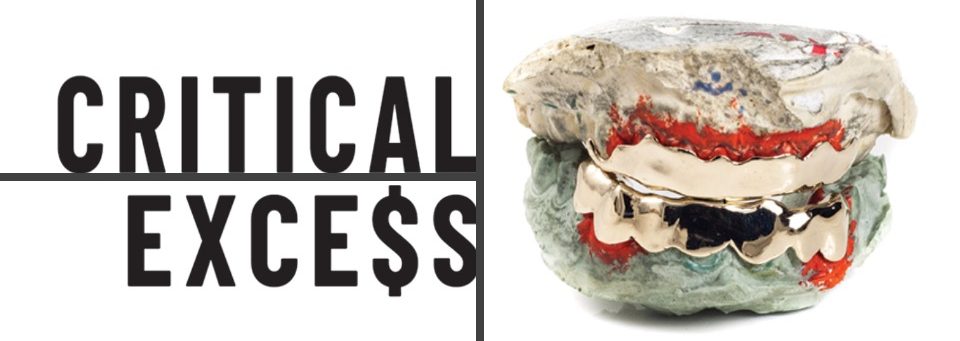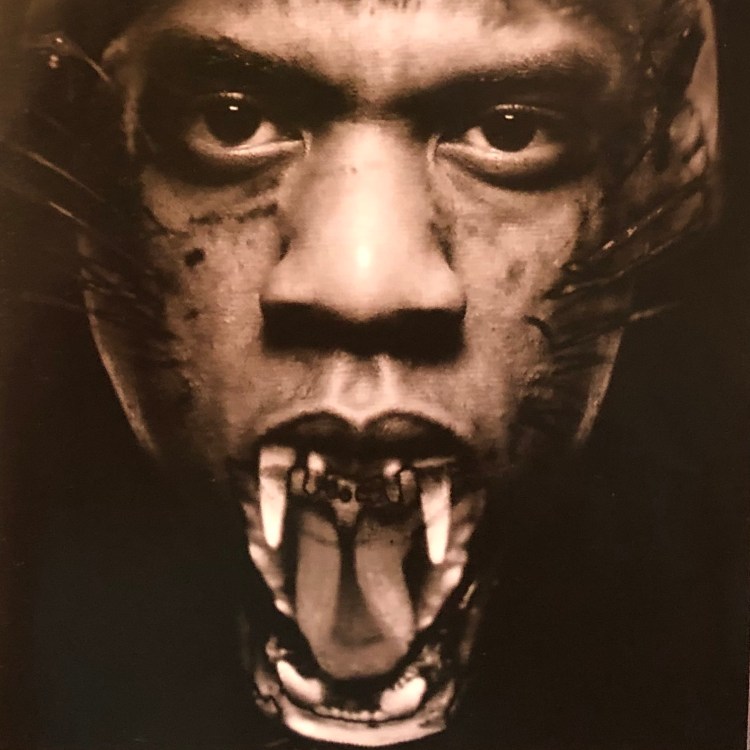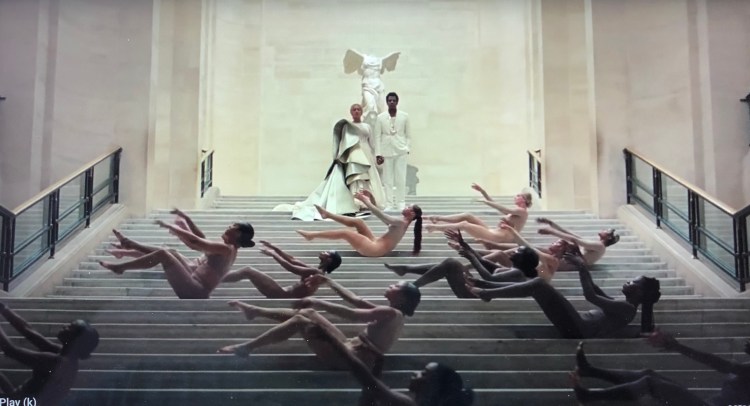A book about Jay-Z & Kanye West’s death dance for capitalism…
Watch the Throne

“Usually you have this much taste, you European
Jay-Z
That’s the end of that way of thinking, nigga, never again”
“Sophisticated ignorance, write my curses in cursive”
kANYE WEST

Preview Critical Excess on Google Books – Here


ABOUT:
Watch the Throne is a self-avowed “luxury rap” album centered on Eurocentric conceptions of nobility, artistry, and haute couture. This book, Critical Excess, performs a close reading of the sonic and social commentary on this 2011 album, examining how it alternately imagines and critiques the mutually reinforcing ideas of Europe, nobility, old money, art, and their standard bearer, whiteness.
Reading the album alongside Black critical theory and work on the prophetic nature of music, this book argues that through their performance of “Black excellence, opulence, decadence,” Jay-Z and Kanye West poured gas on the white resentment of the Obama presidency—a resentment that would ultimately spill over into public life, make audible the dog whistling of the Far Right, and embolden white supremacists to come out from under their rocks.
Ultimately, Rollefson argues, Jay-Z and Kanye West’s performance of swaggering “critical excess” on Watch the Throne exceeds the limits of conspicuous consumption and heralds the final stage of late capitalism—“the New Gilded Age.”

Preview Critical Excess on Page 99 – Here


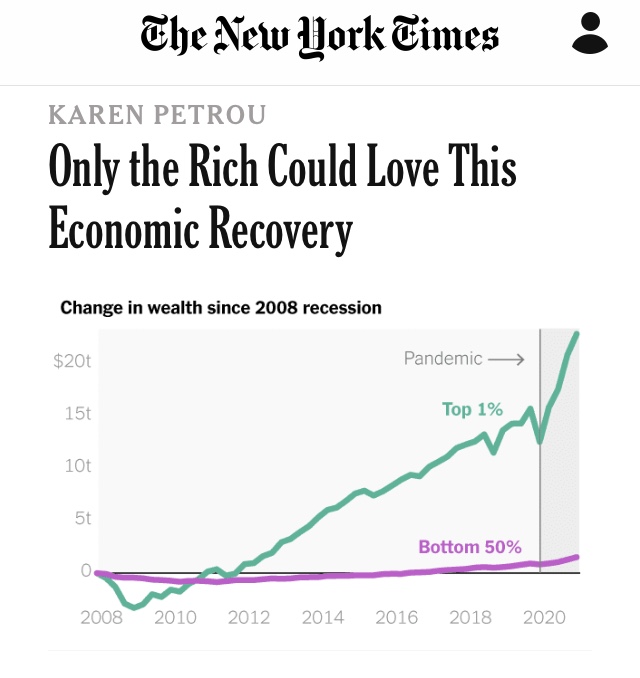

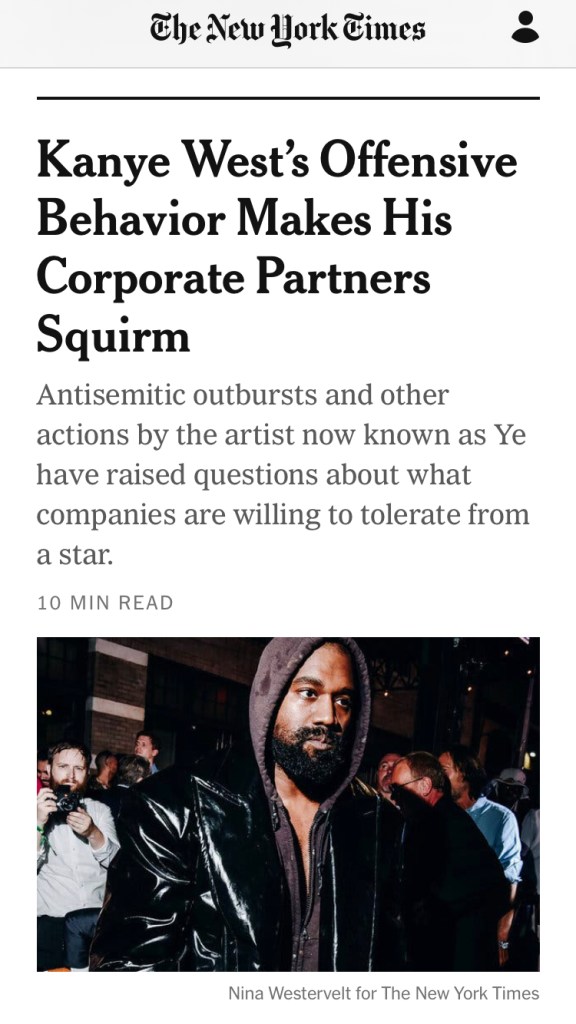
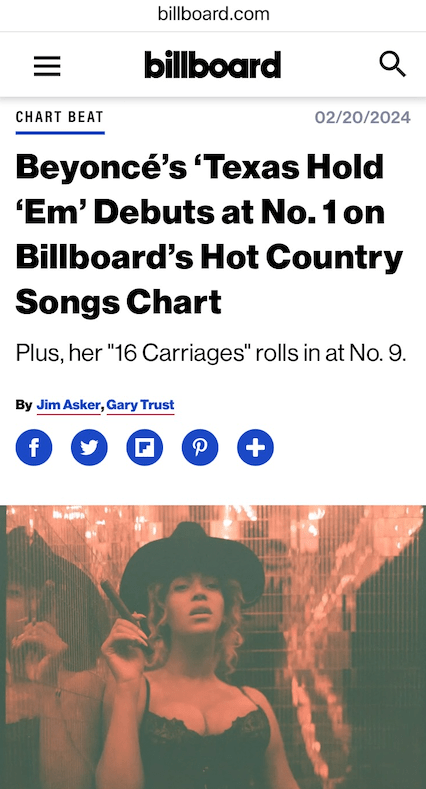




Top Left: NYT documentation of Kanye West’s increasingly offensive and Antisemitic turn over the last years in relation to corporate platforming. See INTRODUCTION
Top Right: Beyoncé’s “replacement” of white people at the top of the Billboard Hot Country Songs Chart. See CHAPTER TWO
Bottom: “You will not replace us” bros in Charlottesville, Virginia, USA on Anti-Defamation League YouTube Channel. See INTRODUCTION
Trump returns to power—this time with his eye on the throne. See CONCLUSION

ENDORSEMENTS and REVIEWS:
* * *
“It is electrifying to see W.E.B. Du Bois, Frantz Fanon, and Achille Mbembe sit in the company of Jay, Ye, and Mos Def – and wince not. I simply cannot wait to teach with this book.”
—Dan-el Padilla Peralta, Princeton University, Classics
* * *
“Wide-ranging and deep-probing, offering an intersectional framework for understanding Watch the Throne as a significant case study of engaging hip hop’s tethering to globalization, commercialism, and racial performance.”
—Regina N. Bradley, Kennesaw State University, English and African Diaspora Studies
* * *
“Particularly timely in the way Rollefson ties the album’s performance to the contemporary political moment on both sides of the Atlantic.”
—Justin D. Burton, Rider University, Music
* * *
“An excellent book with a highly original thesis and thorough theoretical analyses of the album and its related themes. Rollefson has a flair for prose that is at once academic and performative.”
—Justin A. Williams, University of Bristol, Music
* * *
Read full Endorsements and Reviews here
* * *

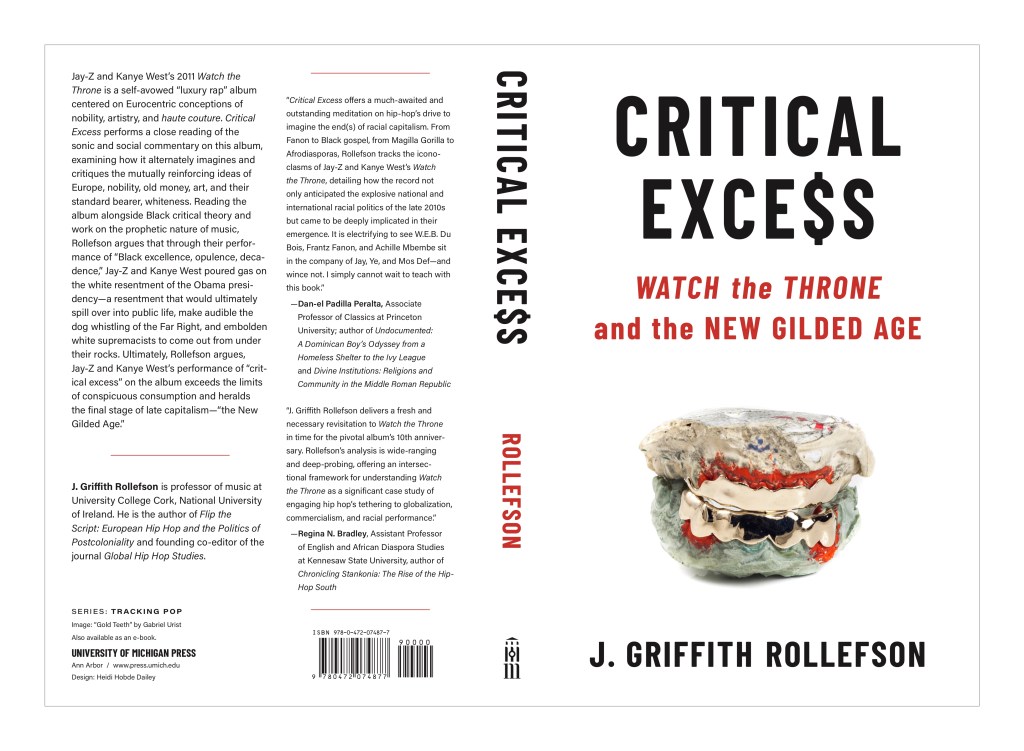

* * *
subhuman >human< superhuman
* * *
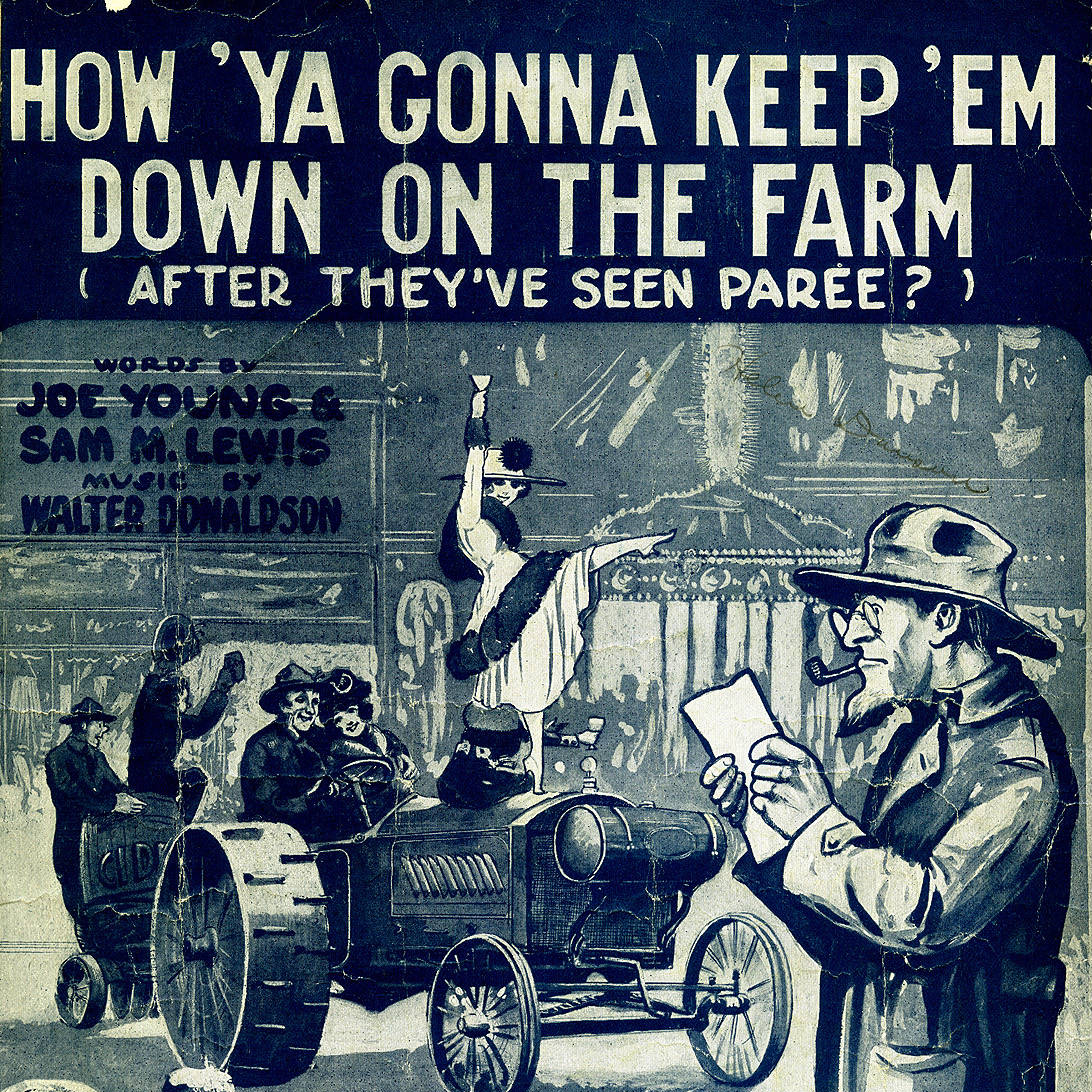
“I’m ridin’ dirty, tryna get filthy”
Jay-Z

“Straight from the bottom, this the belly of the beast / From a peasant to a prince to a to a mothafuckin’ king.”
kendrick lamar
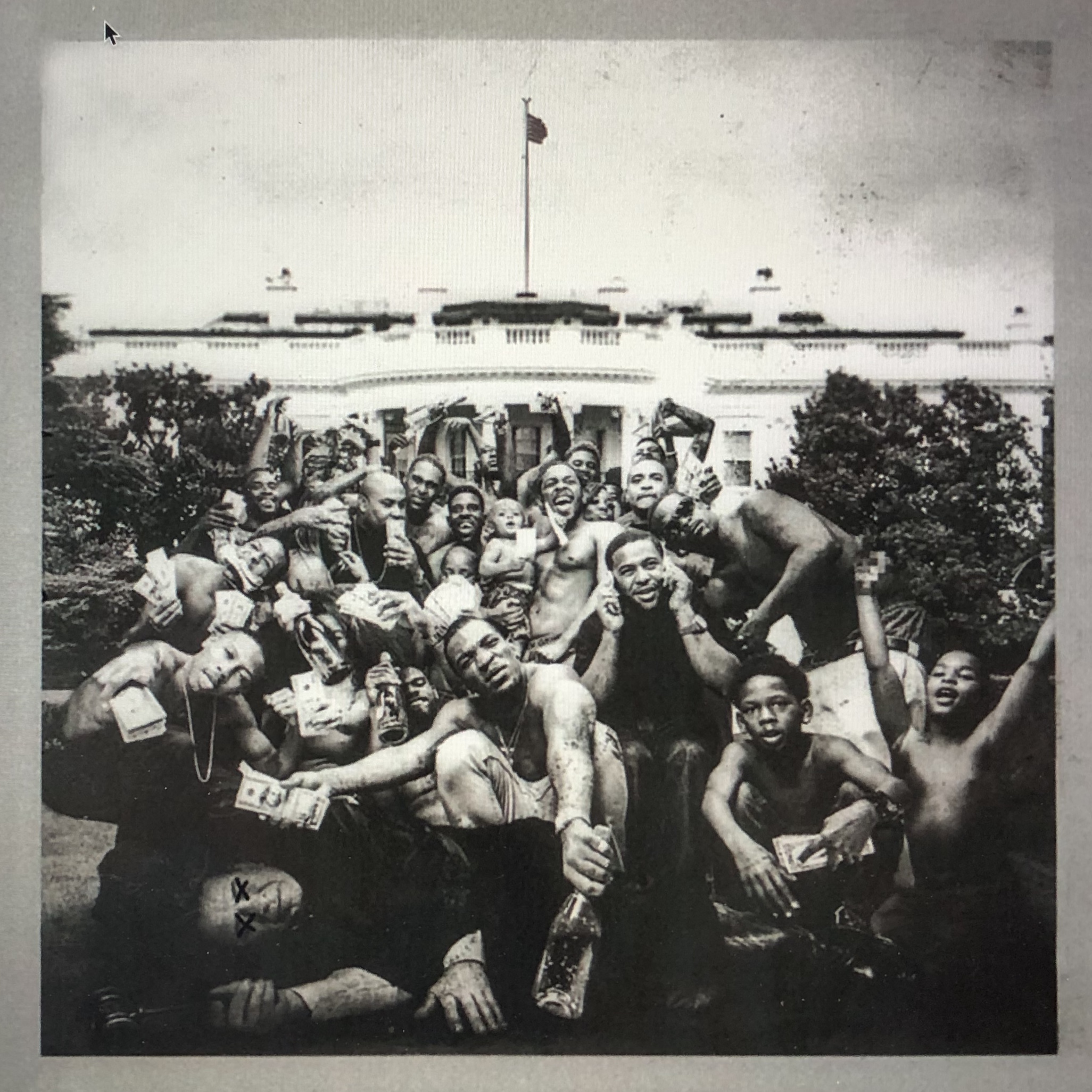
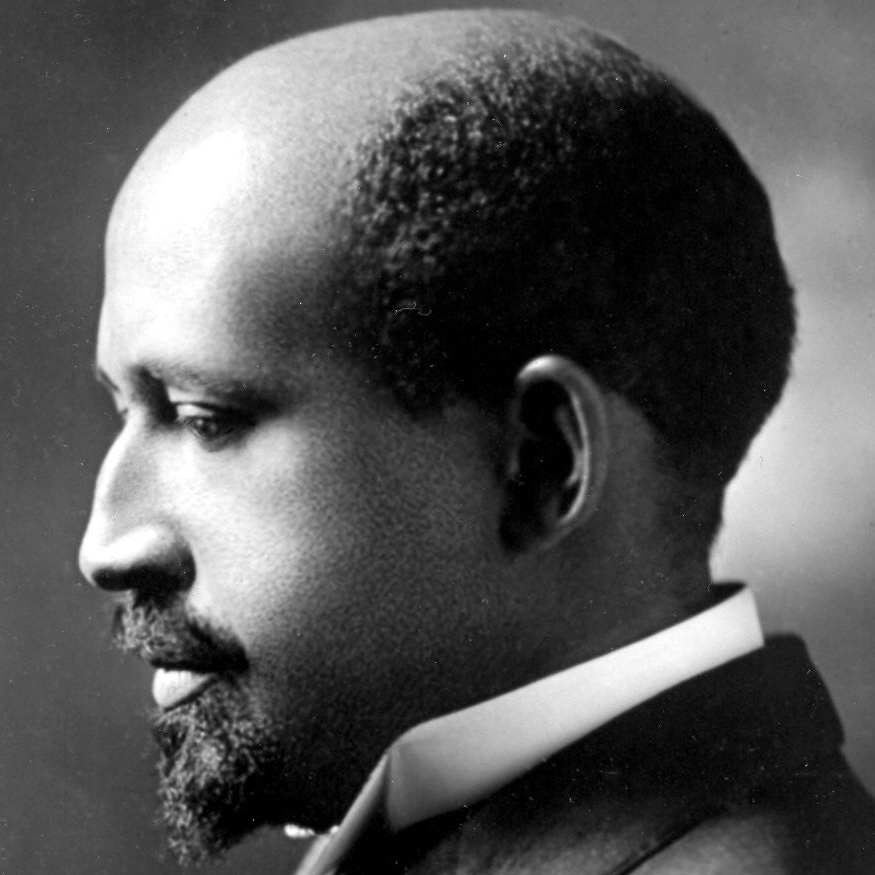
“Here it is that the comedy verges to tragedy. The first minor note is struck, all unconsciously, by those worthy souls in whom consciousness of high descent brings burning desire to spread the gift abroad,—the obligation of nobility to the ignoble. Such sense of duty assumes two things: a real possession of the heritage and its frank appreciation by the humble-born. So long, then, as humble black folk, voluble with thanks, receive barrels of old clothes from lordly and generous whites, there is much mental peace and moral satisfaction.
-W. E. B. Du Bois, “The Souls of White Folk,” chapter 2 of Darkwater: Voices from within the Veil (1920)
But when the black man begins to dispute the white man’s title to certain alleged bequests of the Fathers in wage and position, authority and training; and when his attitude toward charity is sullen anger rather than humble jollity;
when he insists on his human right to swagger and swear and waste,—then the spell is suddenly broken.”
* * *
“Music is prophecy. Its styles and economic organization are ahead of the rest of society because it explores, much faster than material reality can, the entire range of possibilities in a given code. It makes audible the new world that will gradually become visible, that will impose itself and regulate the order of things; it is not only the image of things, but the transcending of the everyday, the herald of the future.
-Jacques Attali, Noise: The Political Economy of Music (1977/1985)
For this reason musicians, even when officially recognized, are dangerous, disturbing, and subversive; for this reason it is impossible to separate their history from that of repression and surveillance.”


“These effects at the level of style and aesthetics suggest affirmative ways in which profound social dislocation and rupture can be managed and perhaps contested in the cultural arena. Let us imagine these hip-hop principles as a blueprint for social resistance and affirmation: create sustaining narratives, accumulate them, layer, embellish, and transform them.
-Tricia Rose, Black Noise: Rap Music and Black Culture in Contemporary America (1994)
However, be also prepared for rupture, find pleasure in it, in fact, plan on social rupture. When these ruptures occur, use them in creative ways that will prepare you for a future in which survival will demand a sudden shift in ground tactics.“



The Companion Playlist
The Album Playlist
the “No Church in the Wild” video
About the Author:
J. Griffith Rollefson is professor of music at University College Cork, National University of Ireland.
Rollefson is the author of Flip The Script: European Hip Hop and the Politics of Postcoloniality, (winner of the Society for Ethnomusicology’s Ruth Stone Book Prize), founding co-editor of the journal Global Hip Hop Studies (with University of Cape Town’s Adam Haupt), and Principal Investigator of the five-year, €2m European Research Council initiative CIPHER: Hip Hop Interpellation, which is mapping hip hop knowledge flows on six continents (2019-2024).
His research has been recognized by the European Commission, ACLS, AMS, SEM, Volkswagen Stiftung, DAAD, Enterprise Ireland, and British Academy, and is published in Ethnomusicology, Journal of Popular Music Studies, Black Music Research Journal, American Music, Twentieth-Century Music, Popular Music and Society, Journal of World Popular Music, and in the edited volumes Hip Hop in Europe (LIT Verlag), Native Tongues: An African Hip Hop Reader (Africa World Press), The Oxford Handbook of Hip Hop Studies (OUP), Interpretation (Paraguay Press), Made in Ireland: Studies in Popular Music (Routledge), and elsewhere.
For more information on Griff’s work, please visit https://europeanhiphop.org/ and to get involved in CIPHER, please submit a gem of hip hop knowledge at https://globalcipher.org/, check out www.ucc.ie/cipher, and follow @GlobalCipher on Twitter and Instagram.
Also by the Author
Also by the Author (click here for more)
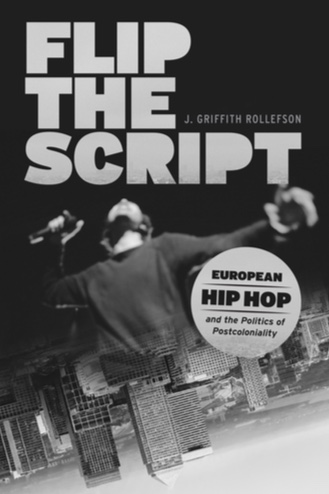

A Video Introduction to the Book (from the SMI Summer Lecture Series)

Who did those ill fronts on the book cover? https://www.gabrielurist.com/
